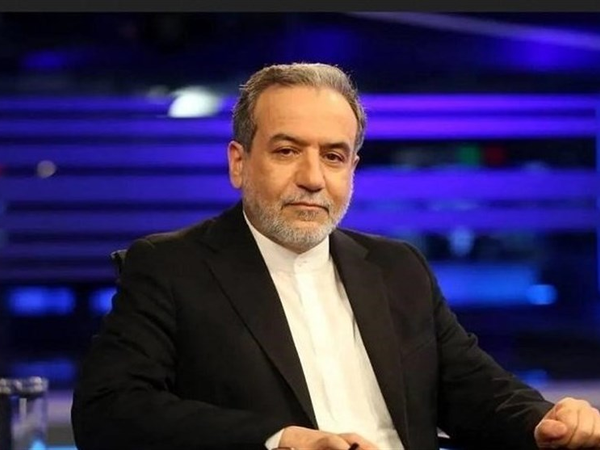Iranian Foreign Minister Abbas Araghchi spoke of Iran's surprise at the sudden fall of the Syrian government in the face of insurgents during a televised interview on Sunday night.
"The rapid withdrawal of the army was unexpected. All information had been shared in advance. The Syrian army failed to resist, which was largely psychological—no one believed it would happen," he said.
Araghchi said that joint Iranian intelligence had thoroughly assessed the situation, Iran sharing warnings about opposition movements in Idlib with the Syrian government. However, he stopped short of explaining why Iranian forces, a key Assad ally, did not intervene to counter the rapid developments.
“What was surprising was, first, the Syrian army's inability to confront the situation, and second, the rapid pace of developments,” he added.
Araghchi said that while Tehran had a role in the 2017 Astana process - an initiative to build dialogue with opposition groups co-chaired with Russia and Turkey - direct military intervention was not part of Iran’s responsibilities in spite of the country having helped prop up the Assad government for over a decade.
The foreign minister acknowledged Assad’s own shock, saying, “Even Bashar al-Assad himself was surprised by the performance of his army. It was evident there was no accurate analysis within Syria.”
Araghchi also addressed Iran's frustration with recent developments undermining the Astana agreements. “One of the objectives of Astana was to help the government and opposition engage in dialogue. While we made slow progress in this direction, it did not proceed well because Assad’s government showed little flexibility,” he said, in a rare criticism of the decades-long president.
On Saturday, Araghchi participated in the Astana Meeting in Doha, where he met with the Emir of Qatar and other Arab officials.
For now, the situation remains unclear as to Iran's future role in the country, Iran's Supreme Leader set to address the issue in a speech on Wednesday. Ahmad Naderi, a member of the Iranian parliament, said: “Iran's future approach towards Syria depends on the behavior of those who have taken power in the country.”
European Union foreign policy chief Kaja Kallas called the rapid fall of the Syrian government a sign of the weakening of both Moscow and Tehran, while US Secretary of State Antony Blinken linked the collapse to Assad’s refusal to engage politically.
